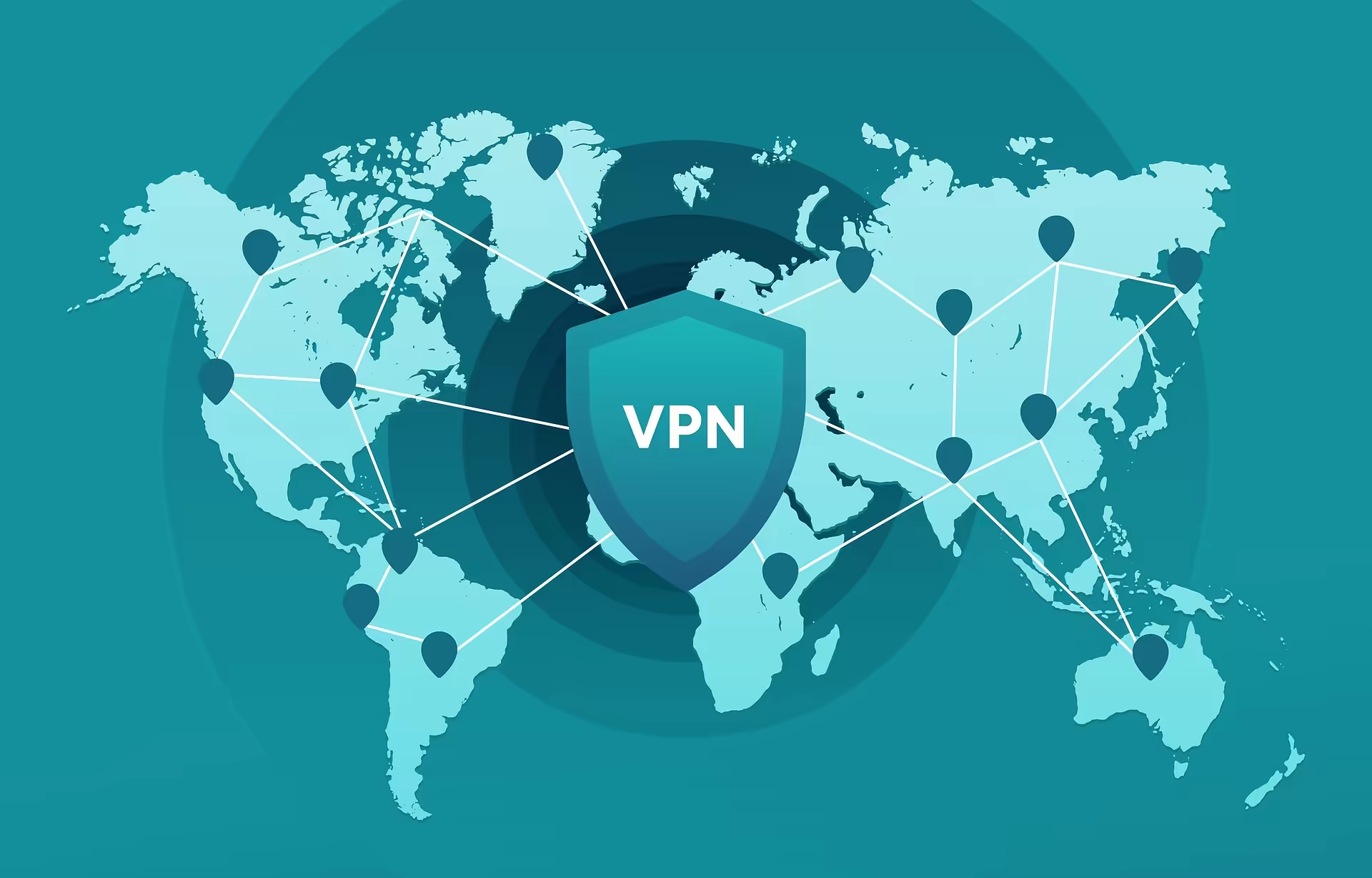Learn how a Virtual Private Network (VPN) can enhance connectivity and security for remote workers. With a VPN, employees can access a company's servers and records using a private network, no matter their location or device. Discover the benefits of using a VPN at work and how to set it up effectively. Stay connected and keep your data privacy secure with a VPN.
What is a VPN?
A VPN is a virtual private network that enables you to securely connect to a network or server through an encrypted connection. This technology ensures that important data like IP address, MAC address, and location remain protected from potential cyber threats. There are two types of VPN: one for private users who want to browse the web anonymously or access blocked content, and another for corporate users who need to access company resources securely. While a built-in solution like a web browser can increase browsing security, a dedicated VPN application offers more protection. Companies can enlist specialists to configure a VPN setup for maximum security.
Why is a company VPN needed?
Your employees can unknowingly expose your organization to data leaks, even with a strong password policy in place. Cybercriminals are always looking for opportunities when employees use remote access or access file servers outside the office. Fortunately, VPNs provide a barrier that significantly hinders hacker attacks. To implement a VPN for your company, start by installing a VPN server and establishing individual logins for all users. This ensures that everyone can access encrypted resources within your organization securely.
Related: How Many Residential Proxies Do I Need?
Benefits of using VPN at work
If you're curious about VPN usage in the workplace, learn about the benefits to see if it's right for you. With a VPN, your IP address is routed through a server hosted by the VPN. This creates an encrypted connection that securely transmits sensitive data and protects against eavesdropping. Plus, it allows for remote access. VPNs are especially useful for businesses with multiple locations that need to connect with established networks securely.
#1 Remote access
Easy access to work files and applications from anywhere with a remote access VPN. Even when away from the office, employees can securely connect to the company's network located at headquarters. With encryption technology, the traffic remains private even in public settings. Remote access VPN ensures secure data transfer, and users can work on the network just as they would at the office. No need to worry about interception or modification of data, remote access VPN has it covered.
If you need secure employment connections, you need to use a VPN. With VeePN PC you can provide online security for your business. The service improves cybersecurity by encrypting all data before sending and also protects against viruses. As a business owner, employee privacy is your concern, as you may be the most affected by data breaches. It is for this reason that a VPN is a necessary security measure.
#2 Bypasses geographical restrictions
VPNs are an excellent tool that can help you access information that's typically off-limits. This is particularly useful for remote employees or companies with offices in different countries who need to access information or applications used by their headquarters. With a VPN, your company can maintain close communication with remote offices and ensure consistency across all locations. Enjoy seamless and secure access to restricted resources, no matter where you are!
#3 Secure encryption
To decrypt data, you must have an encryption key. Deciphering without brute force would take millions of years. You can keep your online activities private by using a VPN, even when connected to public networks. VPN tunnels provide a secure connection to your host or server over the Internet. Encapsulation through tunneling reduces the risk of interception, alteration, or monitoring.
#4 Prevents malware attack
Working remotely doesn't guarantee total protection from cyberattacks. However, there are steps you can take to safeguard your devices and data. In addition to using antivirus software and a firewall, a VPN adds an extra layer of defense against hackers, ransomware, spyware, adware, and other malicious threats. However, this does not apply to all VPNs, but only to the best powerful and functional ones. For example, VeePN provides a good level of protection against viruses and hacker attacks. Don't leave your security to chance, take the necessary precautions to avoid serious consequences.
#5 Data integrity
Professionals from anywhere in the world can easily access the same information and applications by connecting to a shared network. This means that employees can all access data through a centralized server, no matter where they are located. Plus, using the same network ensures data integrity and reduces the need for multiple versions, which can ultimately save on storage space. Even if a company only has a subscription to an application, it can still share that information with remote employees through a VPN.
Conclusion
There are many advantages to using a VPN at work. It enhances security, allows remote access, bypasses geographical restrictions, prevents malware attacks and ensures data integrity. Employers should consider investing in a good quality VPN for their business and employees if they want to keep their network secure and private. With the right setup and proper usage, you can trust your VPN data, as they don't store data on servers and follow a no-logs policy.



